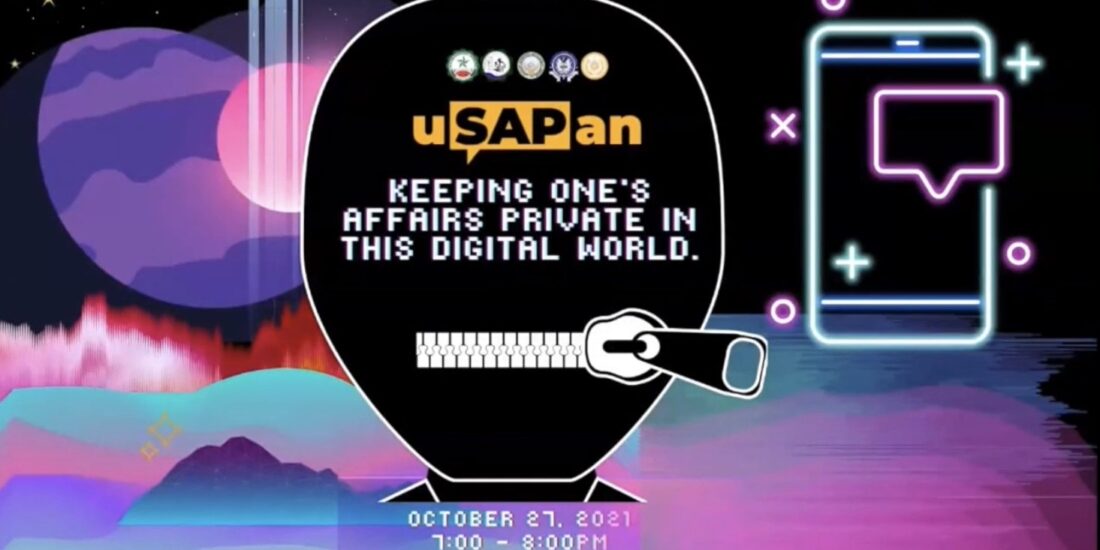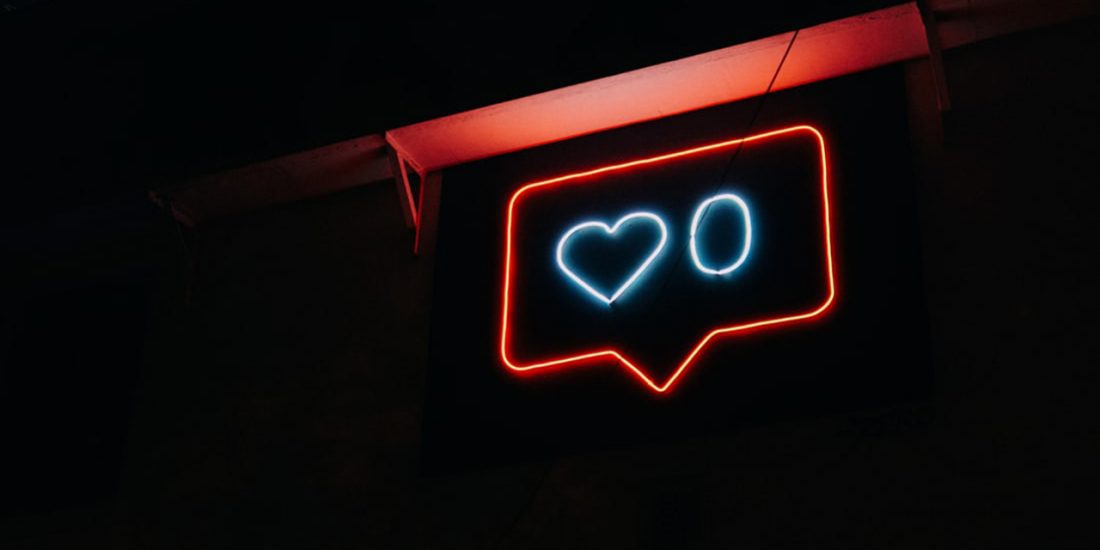In times of crisis: Social media responsibility

Art by Mikaela Torres
With the recent Resorts World Manila shooting and the Marawi crisis, hordes of false information have plagued timelines and caused a great amount of fear and unnecessary panic. Although it’s unavoidable to be appalled as we witness chaos ensuing on your newsfeeds, perhaps one way we can actually help is to take a second to consider some points for your retweet and share criteria—especially in times of danger.
1. Read the whole post—not just the headline. Sometimes, headlines don’t give enough of the story, and worse, we tend to misinterpret them. By running down the entire post, we can also scan if it’s true, accurate, and worth the share.
2. Check who posted it. It is important to evaluate profiles or pages for credibility. For example, CNN—credible; Mocha Uson—not so much.
3. Resist sharing posts with unconfirmed data. If you think it is significant but you’re unsure, mention it. Otherwise, people might interpret what you share as factual rather than alleged.
4. Be a critical thinker. The other side of the coin of #3, do not easily believe information that people share around unless confirmed. Basically, have some common sense.
5. Filter what you share. In sharing information on social media, you only either a.) Double awareness or b.) Double the trouble.
6. Make sure you’re not sharing just for likes. There are many posts online that just hoard sad reacts. FYI, the news isn’t meant to be a bandwagon for people to jump on.
7. Don’t react on impulse. While we all sympathize with the incidents occurring around the country, we still need to verify before letting our emotions get the best of us.
8. Be humane. Amid crisis, another thing that’s worse than sharing a hoax is sharing posts that are triggering (unnecessary rage rants) or sickening (gore and brutal videos).
9. Report videos and photos that show excessive gore and violence. Some videos like actual beheading of a captive are shared online by terrorists for a purpose—to provoke terror. Don’t walk into that trap.
10. Don’t share photos that can worsen the situation. Some hoaxes can go further than misinforming—they can trigger our panic button. (E.g. The rumor that ISIS was in Marawi.)
While it’s not bad to be updated, the virtual society that we’ve built online needs more people who can keep the realm reliable. And since everything on social media ripples at a snap, it is important to be responsible with what we share and post.
See, power comes from knowledge—even the fake kind.





